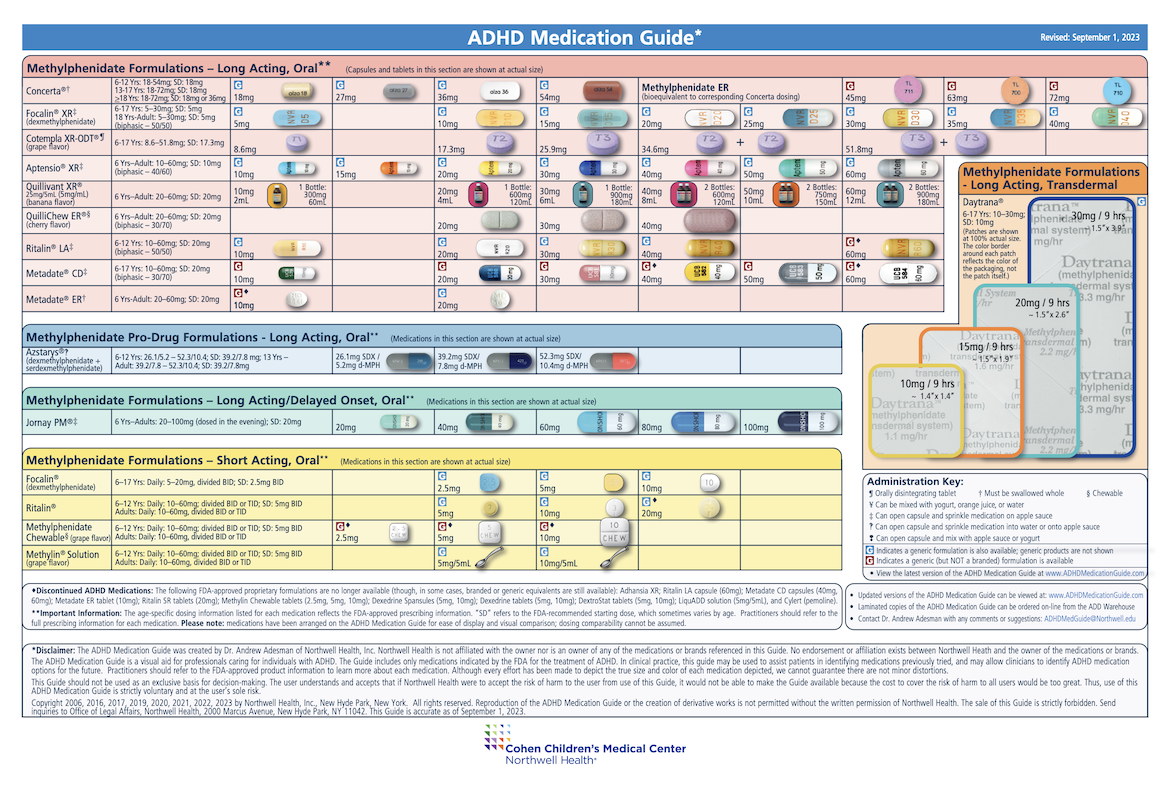Exploring Effective ADHD Therapy Options for All Ages
The complexities of Attention Deficit Hyperactivity Disorder (ADHD) present unique challenges throughout various age groups, necessitating a comprehensive exploration of effective therapy alternatives. A combination of behavioral therapies, pharmacological treatments, and way of living alterations has actually shown promise in attending to the diverse needs of people with ADHD.
Recognizing ADHD and Its Influence
Attention-Deficit/Hyperactivity Problem (ADHD) is a neurodevelopmental problem identified by relentless patterns of inattention, hyperactivity, and impulsivity that can substantially affect various aspects of an individual's life. It usually manifests in childhood, although signs and symptoms can continue into the adult years. The core signs of ADHD can interrupt academic performance, impede social interactions, and complicate work-related endeavors.
People with ADHD frequently have problem with preserving concentrate on tasks, arranging activities, and adhering to through on instructions, which can cause academic underachievement (Depression Treatment). In social contexts, impulsivity might result in problems in forming and maintaining connections, as people may interrupt conversations or make rash decisions without taking into consideration repercussions
Additionally, ADHD can co-occur with other mental wellness problems, such as anxiety and anxiety, further complicating medical diagnosis and therapy. The variability in symptom presentation suggests that ADHD can affect individuals in different ways, requiring a personalized method to administration. Understanding ADHD's multifaceted effect is essential for establishing efficient methods that sustain people in browsing day-to-day difficulties and achieving their potential. Comprehensive awareness of ADHD's nature and implications lays the groundwork for exploring appropriate treatment choices customized per person's demands.
Behavioral Therapies for ADHD
Various behavior modifications have actually been created to properly attend to the difficulties connected with ADHD, focusing on changing details habits and promoting vital skills. Amongst one of the most acknowledged approaches are cognitive-behavioral therapy (CBT), moms and dad training, and social skills training.
CBT helps people determine and alter negative idea patterns and actions, promoting a more positive expectation and enhanced self-regulation. This therapy often includes sensible methods for managing impulsivity and boosting organization. Moms and dad training programs equip caretakers by equipping them with strategies to strengthen favorable habits and established constant boundaries, which can be particularly advantageous for children with ADHD.
Social abilities training is one more essential component, training individuals with ADHD exactly how to connect successfully with peers - Depression Treatment. This method usually includes role-playing and responses to improve interaction, collaboration, and conflict resolution abilities
Including these behavior modifications right into an extensive therapy plan can substantially enhance functioning and high quality of life for people with ADHD. Ultimately, the efficiency of these treatments depends on tailored strategies that think about the special demands of everyone, thus cultivating resilience and adaptability in life.
Drug Options Available
For many individuals with ADHD, medicine can play a considerable duty in taking care of signs and symptoms and enhancing overall functioning. Both key groups of medications prescribed for ADHD are energizers and non-stimulants.
Stimulants, such as methylphenidate and amphetamine-based medications, are the most frequently made use of treatments. These drugs work by raising the levels of natural chemicals, particularly dopamine and norepinephrine, in the brain, which helps improve attention and decrease impulsivity and attention deficit disorder. They commonly generate quick outcomes, making them a favored choice for lots of individuals.

It is vital for doctor to conduct a detailed assessment to identify the most appropriate medication based upon specific demands, clinical background, and potential adverse effects. Regular follow-up and Check This Out monitoring are also essential to guarantee the efficiency of the selected therapy and to make any type of needed modifications.
Way Of Life Modifications to Think About
Managing ADHD effectively extends beyond medication, as lifestyle changes can significantly boost total wellness and sign control. Including organized routines is essential; consistent timetables aid people with ADHD handle their time successfully and minimize feelings of bewilder.
Routine physical activity is another important part. Workout not just aids to enhance concentration yet likewise improves mood and minimizes tension levels. Tasks such as yoga or group sporting activities can be particularly useful, promoting both fitness and social communication.
Nutrition also plays a crucial function. Depression Treatment. A well balanced diet plan rich in omega-3 fats, whole grains, and lean healthy proteins can add to improved emphasis and cognitive function. Restricting sugar and processed foods is advisable, as these can aggravate attention deficit disorder and impulsivity
Sleep health is essential for handling ADHD signs and symptoms. Establishing a normal sleep mental health counseling services routine and producing a relaxed atmosphere can enhance sleep high quality, bring about better interest and emotional regulation.
Alternative and Alternative Approaches
Alternative and alternative techniques to ADHD therapy supply a diverse variety of choices that match typical approaches. These strategies commonly concentrate on way of living modifications, dietary interventions, and restorative methods that aim to improve total health while resolving ADHD signs and symptoms.

Mindfulness and behavior modifications are additionally gaining traction as alternative interventions. Practices such as yoga, reflection, and cognitive-behavioral treatment can grow self-regulation and boost attention. These techniques sustain psychological durability, which is specifically advantageous for people with ADHD.
Natural supplements, such as ginkgo biloba and more helpful hints ginseng, are sometimes explored; however, it is important to get in touch with health care specialists prior to including these right into therapy strategies. While choice and all natural methods can supply beneficial support, they need to preferably be used in combination with evidence-based therapies to accomplish ideal results for handling ADHD across all ages.
Conclusion
In recap, reliable ADHD therapy demands a thorough method that includes behavior modifications, medicine, way of life adjustments, and holistic methods. Customized treatments can substantially boost people' working and lifestyle, while appropriate drug ensures optimum signs and symptom management. Taking on structured routines, involving in regular physical task, and practicing mindfulness can improve emotional law and focus. This multifaceted approach underscores the importance of individualized treatment in addressing the varied requirements of people with ADHD across every age groups.